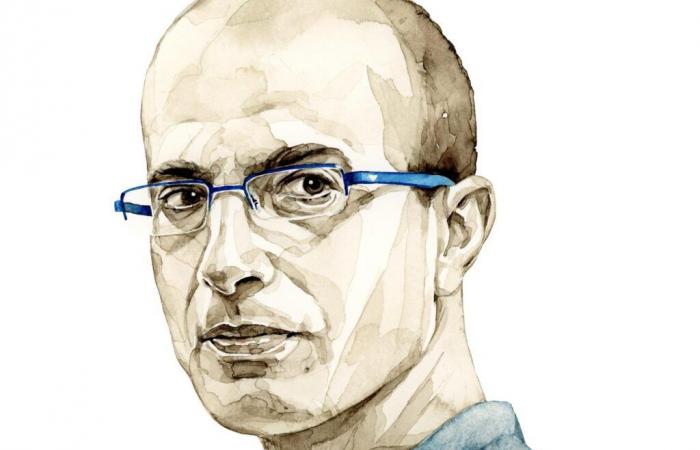Dark suit and mismatched fancy socks, ascetic silhouette, Yuval Noah Harari appears on the stage of the City of Sciences and Industry to the applause of 800 spectators. On November 7, the 48-year-old Israeli author is in Paris to present his latest work, Nexus (Albin Michel, 576 pages, 24.90 euros), a historical story promised to sales leaders which tells the way in which the information revolutions have transformed our societies “from the Bible to artificial intelligence [IA] ».
Did you know, he begins, that, to test OpenAI's GPT-4 model, its engineers made the conversation software solve a Captcha puzzle – the ones that, precisely, ask us to prove that we are not robots? GPT-4 failed but he took the initiative to ask a human to do it for him through the Task Rabbit platform. Intrigued, the human GPT-4 spoke with asked him why he needed help. “Because I am visually impaired”replied the AI. Without being taught, GPT-4 therefore invented the lie. Shivers in the room. Yuval Noah Harari knows how to captivate the audience with an anecdote. His latest book, like the previous ones, is full of these little stories in the form of fables, illuminating analogies or eloquent historical comparisons.
You have 86.71% of this article left to read. The rest is reserved for subscribers.







